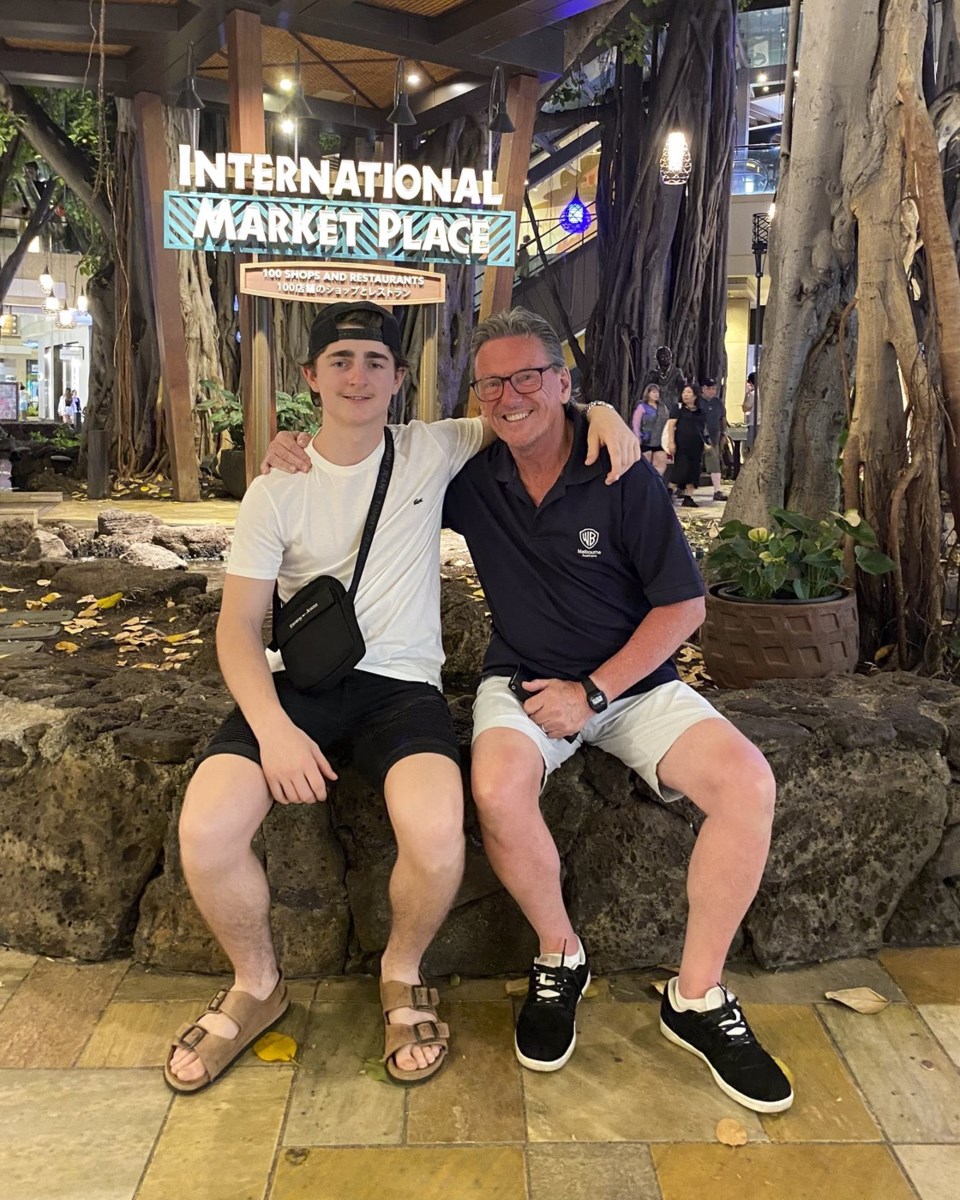MELBOURNE, Australia (AP) — How do you protect children from the harms of social media? Politically, the answer appears simple in Australia, as legislation tackling the problem moves quickly through the Parliament. Practically, however, the solution could be far more difficult.
The Australian government’s plan to platforms including X, TikTok, Facebook and Instagram until their 16th birthdays is politically popular. The opposition party says it would have done the same after winning elections due within months if the government hadn’t moved first.
The leaders of all have unanimously backed the plan, although Tasmania, the smallest state, would have preferred the threshold was set at 14.
But a vocal assortment of experts in the fields of technology and child welfare have responded with alarm. More than 140 such experts signed an to Prime Minister Anthony Albanese condemning the 16-year age limit as “too blunt an instrument to address risks effectively.”
Australia’s House of Representatives on Wednesday passed a bill that would . That leaves it up to the Senate to finalize the world-first law.
There's widespread backing for the law that would make platforms including TikTok, Facebook, Snapchat, Reddit, X and Instagram liable for fines of up to 50 million Australian dollars ($33 million) for systemic failures to prevent young children from holding accounts.
Here's a look at how some Australians are viewing the issue.
The concerned teen
Leo Puglisi, a 17-year-old Melbourne student who founded online streaming service 6 News Australia at the age of 11, worries that lawmakers imposing the ban don't understand social media as well as young people at home in the digital age.
“With respect to the government and prime minister, they didn’t grow up in the social media age, they’re not growing up in the social media age, and what a lot of people are failing to understand here is that, like it or not, social media is a part of people’s daily lives,” Leo said.
“It’s part of their communities, it’s part of work, it’s part of entertainment, it’s where they watch content – young people aren’t listening to the radio or reading newspapers or watching free-to-air TV – and so it can’t be ignored. The reality is this ban, if implemented, is just kicking the can down the road for when a young person goes on social media,” Leo added.
Leo has been applauded for his work online. He was a finalist in his home state Victoria's nomination for the award, which will be announced in January. His nomination bid credits his platform with “fostering a new generation of informed, critical thinkers.”
The grieving mom-turned-activist
One of the proposal's supporters, cyber safety campaigner Sonya Ryan, knows personally how dangerous social media can be for children.
Her 15-year-old daughter Carly Ryan was murdered in 2007 in South Australia state by a 50-year-old pedophile who pretended to be a teenager online. In a grim milestone of the digital age, Carly was the first person in Australia to be killed by an online predator.
“Kids are being exposed to harmful pornography, they’re being fed misinformation, there are body image issues, there’s sextortion, online predators, bullying. There are so many different harms for them to try and manage and kids just don’t have the skills or the life experience to be able to manage those well,” Sonya Ryan said.
“The result of that is we’re losing our kids. Not only what happened to Carly, predatory behavior, but also we’re seeing an alarming rise in suicide of young people,” she added.
Sonya Ryan is part of a group advising the government on a national strategy to prevent and respond to child sexual abuse in Australia.
She wholeheartedly supports Australia setting the social media age limit at 16.
“We’re not going to get this perfect,” she said. “We have to make sure that there are mechanisms in place to deal with what we already have which is an anxious generation and an addicted generation of children to social media."
A major concern for social media users of all ages is the legislation’s potential privacy implications.
Age estimation technology has proved inaccurate, so digital identification appears to be the most likely option for assuring a user is at least 16.
The skeptical internet expert
Tama Leaver, professor of internet studies at Curtin University, fears that the government will make the platforms hold the users’ identification data.
The government has already said the onus will be on the platforms, rather than on children or their parents, to ensure everyone meets the age limit.
“The worst possible outcome seems to be the one that the government may be inadvertently pushing towards, which would be that the social media platforms themselves would end up being the identity arbiter,” Leaver said.
“They would be the holder of identity documents which would be absolutely terrible because they have a fairly poor track record so far of holding on to personal data well,” he added.
The platforms will have a year once the legislation has become law to work out how the ban can be implemented.
Ryan, who divides her time between Adelaide in South Australia and Fort Worth, Texas, said privacy concerns should not stand in the way of removing children from social media.
“What is the cost if we don’t? If we don’t put the safety of our children ahead of profit and privacy?” she asked.
Rod Mcguirk, The Associated Press




